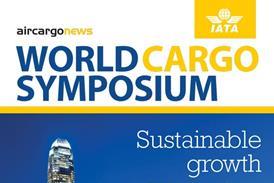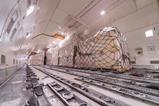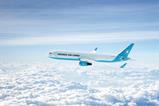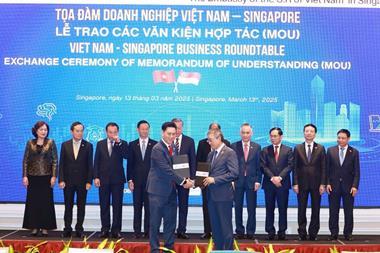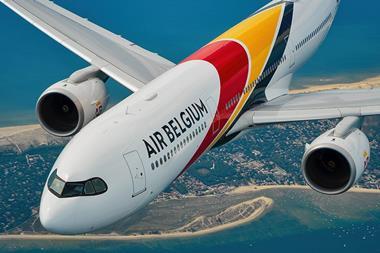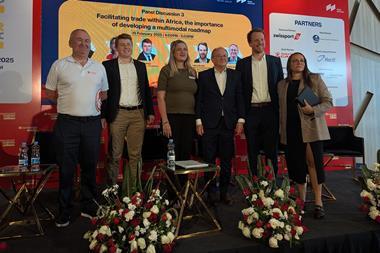Green government commitments to sustainable aviation fuel (SAF) and decarbonisation must be consistent to meet the 2050 net zero deadline, stresses Logistics UK.
In July 2022, the UK Government's Department for Transport (DfT) launched its Jet Zero Strategy in response to the UK’s 2050 deadline to achieve net zero.
Twelve months later and the ‘Jet Zero strategy: One Year On’ has been published, providing an overview of milestones achieved so far and outlining the challenges that remain on the path ahead to deliver net zero aviation by 2050.
Within the 2023 report, the DfT highlights significant steps that have been taken to progress the implementation and availability of Sustainable Aviation Fuel (SAF) as well as zero emission technologies.
£113m has been co-invested by government and industry to support hydrogen and battery electric flight zero emission technologies through the Aerospace Technology Institute (ATI) programme, in addition to £4.2m of funding for the Zero Emission Flight Infrastructure (ZEFI) Project.
Logistics UK supports the government’s ambition to decarbonise aviation rapidly and believes that introducing alternative fuels is vital to ensure industry can utilise the most efficient option.
A further £55.8m was invested in the Advanced Fuels Fund early this year to support UK SAF projects through to construction, as figures by DfT show that domestic production of SAF could support 10,350 jobs by 2030 across the supply chain, rising to 60,000 in 2050.
Logistics UK supports the government’s decision to mandate the use of at least 10% SAFs in the UK jet fuel mix by 2030, but its members need to see a commitment that future administrations will uphold this requirement to ensure long-term certainty.
Hydrogen viable with investment
Logistics UK recognises that decarbonising the aviation sector will not be a simple process. Though SAF can provide a pathway to net zero it will still emit CO2.
Hydrogen possesses the potential to provide a route to zero emissions as its only waste product is H2O.
However, the business group’s members agree that for hydrogen to become a viable option, the hydrogen re-fuelling facilities and infrastructure must be universal to prevent restrictions on where hydrogen-based cargo aircraft can operate out of.
Green hydrogen – when the energy source used in the electrolyser is renewable - is expensive and hard to source with it currently being more expensive that Kerosene.
Although hydrogen has the potential to accelerate the aviation sector’s journey to net zero, challenges remain regarding the accessibility and costs; and progress has been slow with trials yet to be initiated.
Industry cannot wait for its implementation, which leads to SAF remaining key to reducing aircraft emissions.
In February this year, the 2040 Zero Emission Airport Target Call for Evidence was launched alongside a sharp focus on how airports in England can address ongoing challenges - such as residual emissions from surrounding equipment – to help achieve this target.
£9m of financial support has been invested in new zero carbon emission aircraft technology to help foster the UK's Airspace Modernisation programme, which aims to reduce carbon emissions, noise impact and accommodate new flights.
Logistics UK is encouraged by the significant progress made since the initial publication of Jet Zero, especially DfT’s commitment to accelerate the production of SAF’s and promote their use to industry.
The business group believes that moving away fully from conventional fossil jet fuels to alternative fuels is the most achievable way to realise sustainable net zero flights, but it is essential that these fuels are manufactured in the UK to keep fuel costs affordable for businesses and to ensure availability of product to meet demand.
https://www.aircargonews.net/monthly-exclusive/why-green-skills-are-vital-for-the-survival-of-airfreight/
https://www.aircargonews.net/monthly-exclusive/supply-chain-spotlight-logistics-uk-route-to-net-zero/
https://www.aircargonews.net/monthly-exclusive/logistics-uk-sustainability-takes-flight/





